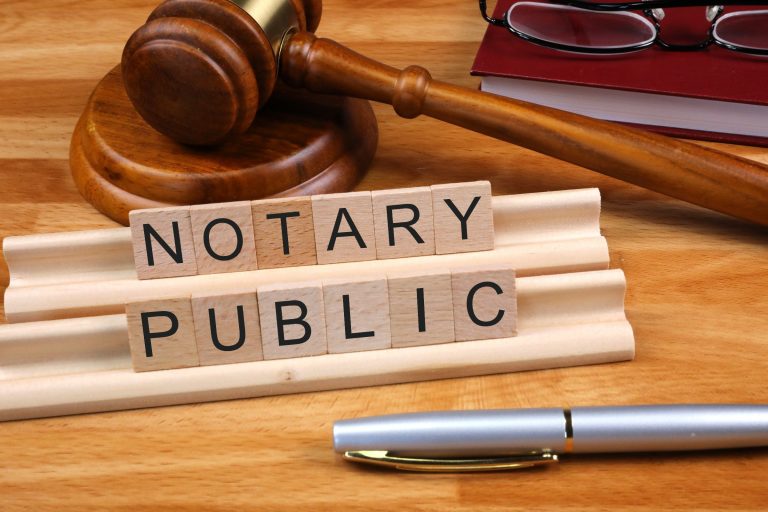Tel. 0207 101 5408
Mob. 0787 045 5175
info@lmnotarypublic.co.uk
Role and Function of a Notary Public in England and Wales

A Notary Public is appointed by the Court of Faculties of the Archbishop of Canterbury under Ecclesiastical Licences Act 1533 and are subject to regulation by the Master of the Faculties. Although the Faculty Office of the Archbishop of Canterbury regulates Notaries, he/she is a secular lawyer and is not otherwise associated with the Archbishop or the Church of England. In England and Wales there are two main classes of notaries – general notaries and scrivener notaries and their functions are almost identical.
A Notary Public is most particularly concerned with authenticating and certifying signatures, authority and capacity relating to documents for use abroad. A Notary Public is also a Commissioner of Oaths – who is authorised to verify legal documents, declarations and affidavits (a written statement confirmed by oath) for use as evidence in court, provided he/she is not interested in the matter for any reason. A Notary should be impartial and shall maintain absolute independence from all individuals and entities that he/she may associate with.
The notary affixes their notarial certificate to the document being notarised. The notarial certificate is then signed and sealed with an official seal. The form of notarial certificate depends on whether the document is required in private form or public form, both forms are briefly outlined in the following paragraphs. A completed notarised document should not be taken apart (for example, to make a photocopy) as it may not be accepted at the receiving jurisdiction. The notarised documents are often securely fastened with special rivets to avoid tampering during the transit.
Private Form
Private form of notarisation is the most common task of a Notary Public. A Notarial certificate is to be affixed to the document by the notary, which authenticates the execution of the document in their presence.
Public Form
Public Form is a narrative of events given by the Notary Public. The Notary draws up the narrative, confirming the identity of the parties and all matters the parties wish to record in the statement. Most of the Spanish notarial acts are in public form.
International or cross-border transaction, particularly involving finance matters often require notarisation. Your Notary does not impart legal advice on the contents of the documents presented before them although they prepare statements based on instructions. It is therefore essential that parties take appropriate legal advice from the receiving jurisdiction, before documents are notarised, also to ensure that it will be fully enforceable in the receiving jurisdiction. However, your Notary should advise you of the legal formalities to be observed under English Law whilst executing a docu
- Notary
- January 3, 2020
- admin


4 Comments
Your comment is awaiting moderation.
Someone necessarily help to make seriously articles I would state.
That is the first time I frequented your web page and so far?
I amazed with the research you made to make this particular post incredible.
Excellent job!
[…] unravel the mysteries of apostille and explain why it’s a crucial service offered by Notary Public […]
Thank you!
How do l know if inheritance is legall. L have been contacted online by a friend who states he wants to name mein his fathers will. the notary office is very vague about the fees l need to pay and l have only received one officail looking document without a company registration no. L believe this is a scam From Benin. When l google the notary names he is not showing in any basic searches.
All correspondance has been via email from notary with a hotmail address and no officail address or reg no following.
We are selling our property in galicia n.w.spain, the escrituras have been altered and we of course cannot travel to sign the documents which are being sent to our UK address where we live down here in Cornwall. We need to sign the documents in front of a notary or would a conveyancing solicitor be ok. Perhaps you could advise of where we need to go in Cornwall to get this service. Thankyou.